The rise of smart luggage has revolutionized travel convenience, offering features like GPS tracking, USB charging, and even self-weighing capabilities. However, these technological advancements come with a critical caveat: strict airline regulations regarding lithium batteries. As travelers increasingly opt for these high-tech suitcases, understanding which batteries are prohibited in checked baggage becomes essential to avoid airport delays, fines, or even confiscation of expensive luggage.
At the heart of the issue lies the fundamental difference between lithium-ion and lithium-metal batteries, the two main power sources for smart luggage. Lithium-ion batteries, commonly found in rechargeable devices like laptops and smartphones, generally pose less immediate risk than their lithium-metal counterparts. Airlines typically allow these in checked baggage only when installed in electronic devices, with strict watt-hour limits. However, spare lithium-ion batteries—those not powering a device—are universally banned from checked luggage due to their potential fire risk in the cargo hold's unpressurized environment.
The regulations grow more stringent with lithium-metal batteries, frequently used in non-rechargeable devices. These batteries contain highly reactive lithium in its pure metallic form, making them particularly dangerous when damaged or short-circuited. The Federal Aviation Administration explicitly prohibits spare lithium-metal batteries in checked baggage, allowing them only in carry-on luggage with stringent quantity limits. This distinction becomes crucial for smart luggage owners, as many cutting-edge features rely on these power sources.
Beyond battery chemistry, capacity plays a pivotal role in determining what can fly where. For lithium-ion batteries, the 100-watt-hour threshold serves as a critical dividing line. Batteries below this capacity—common in most smart luggage—may be permitted in checked baggage when properly installed, though many airlines still recommend carrying them in the cabin. Those exceeding 100 watt-hours face far stricter controls, often requiring airline approval even for carry-on transport. The regulations grow even more restrictive for batteries between 101-160 watt-hours, with complete prohibition typically applying to anything larger.
International travel introduces additional complexity, as regulations can vary significantly between countries and airlines. While the International Civil Aviation Organization provides guidelines, individual nations frequently implement their own interpretations. Some carriers have gone beyond standard regulations, implementing outright bans on certain types of smart luggage regardless of battery configuration. This patchwork of rules makes thorough pre-flight research essential for travelers with high-tech baggage.
The reasoning behind these stringent measures becomes clear when considering the potential consequences. Lithium battery fires in aircraft cargo holds present catastrophic risks, as they can burn extremely hot and are difficult to extinguish with conventional fire suppression systems. At cruising altitude, such incidents could go undetected until significant damage occurs. In contrast, batteries carried in the cabin allow crew members to quickly identify and contain any thermal events using specialized equipment.
Smart luggage owners must pay particular attention to removable battery compartments. Many airlines mandate that any smart luggage with non-removable batteries cannot be checked at all, requiring it to travel as carry-on. For cases with removable power sources, travelers typically must remove the battery and transport it separately in the cabin. These nuances underscore the importance of thoroughly understanding one's specific luggage model and its power configuration before arriving at the airport.
Recent incidents have prompted even stricter enforcement of these regulations. Several high-profile cases of smart luggage catching fire—both in airports and during flights—have made airlines particularly vigilant. Some carriers now require special labeling for smart luggage, while others conduct additional screening. Travelers should expect increased scrutiny and prepare accordingly by ensuring all documentation and technical specifications for their luggage are readily available.
The evolution of smart luggage technology continues to outpace regulatory frameworks, creating ongoing challenges for both travelers and airlines. As manufacturers develop increasingly sophisticated features—from motorized movement to integrated entertainment systems—battery requirements grow more complex. This rapid innovation means travelers must stay informed about current regulations, as rules that applied to last year's model may not cover newly introduced technologies.
Ultimately, responsible travel with smart luggage requires a proactive approach. Contacting airlines directly for their specific policies, carefully reviewing luggage specifications, and erring on the side of caution with battery transport can prevent stressful airport experiences. While the convenience of high-tech luggage is undeniable, its safe transport depends entirely on the user's understanding and adherence to these critical safety regulations.

By William Miller/Apr 11, 2025

By Lily Simpson/Apr 11, 2025
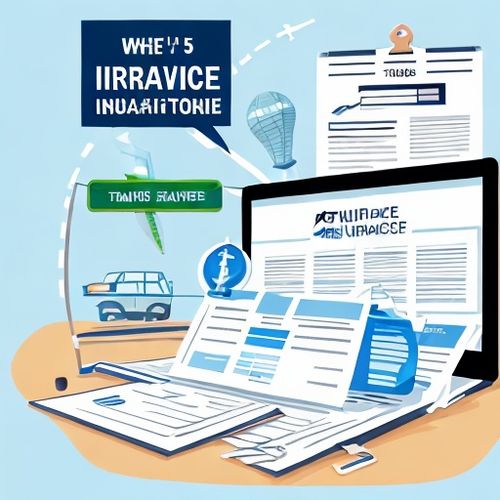
By Thomas Roberts/Apr 11, 2025

By John Smith/Apr 11, 2025
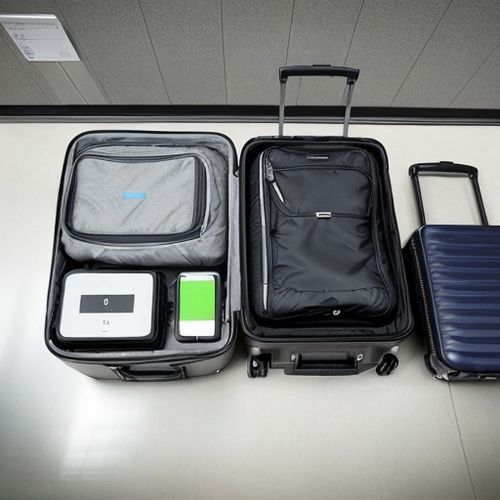
By Thomas Roberts/Apr 11, 2025
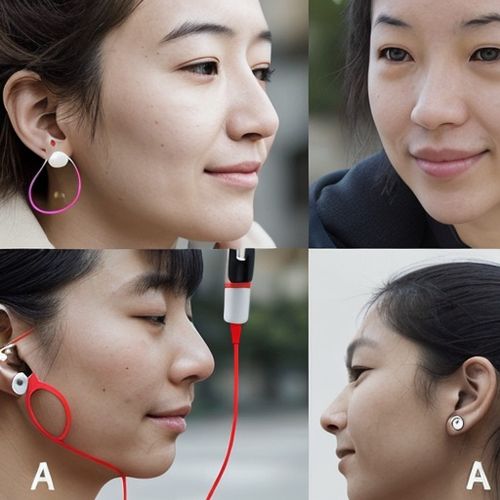
By John Smith/Apr 11, 2025
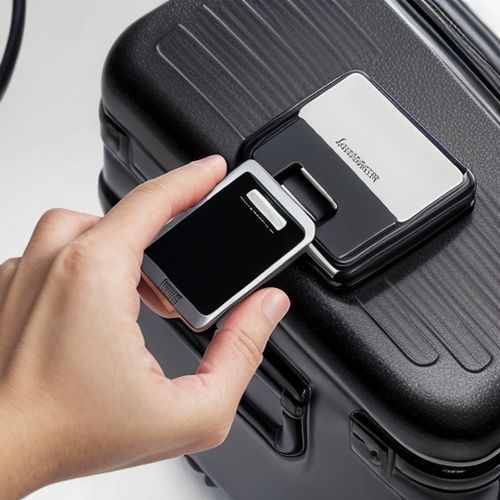
By Rebecca Stewart/Apr 11, 2025

By Sophia Lewis/Apr 11, 2025

By Sophia Lewis/Apr 11, 2025
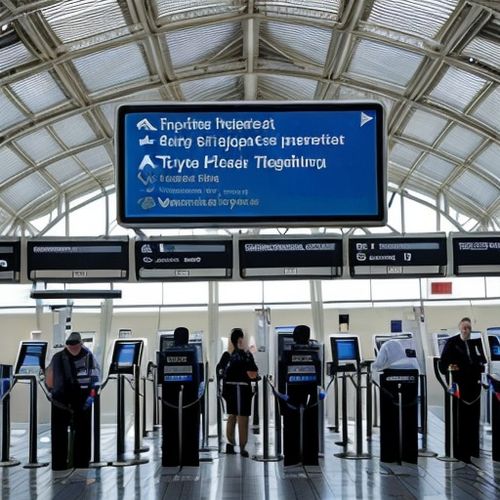
By Lily Simpson/Apr 11, 2025

By Sophia Lewis/Apr 11, 2025

By William Miller/Apr 11, 2025

By Ryan Martin/Apr 11, 2025

By David Anderson/Apr 11, 2025

By Ryan Martin/Apr 11, 2025

By Laura Wilson/Apr 11, 2025

By Eric Ward/Apr 11, 2025

By Ryan Martin/Apr 11, 2025